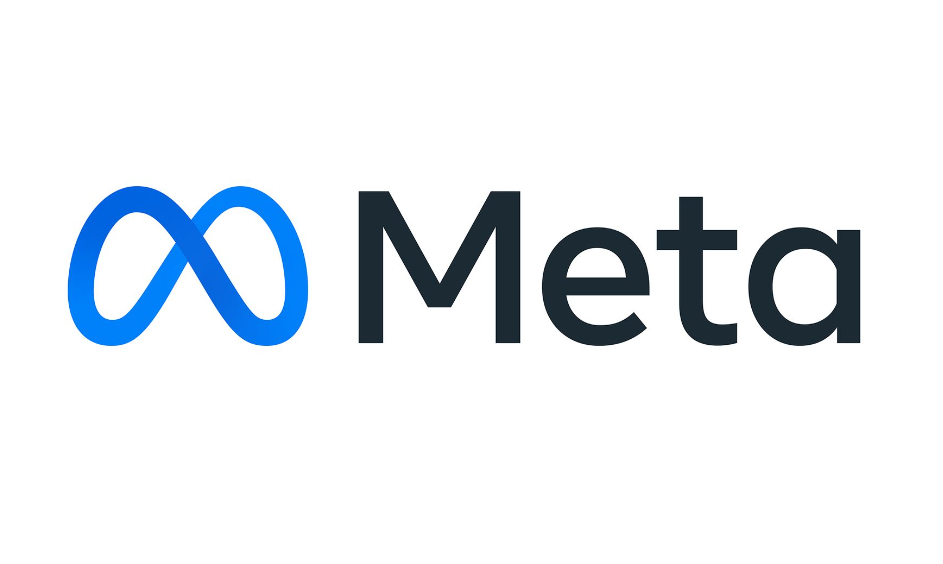Meta announced that due to unclear EU AI regulations, it will not release its new multi-modal AI model to EU countries for the time being. This decision triggered heated discussions about the EU's AI regulatory environment and also reflected the strategic adjustments adopted by U.S. technology giants in different regulatory environments around the world. The editor of Downcodes will explain this in detail and analyze the reasons and potential impacts behind Meta’s move.
Meta issued a statement to Axios on Wednesday announcing that due to unclear EU regulations, the company will not release its new multi-modal AI models or future versions to customers in EU countries. This decision triggered extensive discussions on the EU's AI regulatory environment and also reflected the strategic adjustments of U.S. technology giants in the face of different regulatory requirements around the world.

Meta’s multi-modal AI model has the ability to process video, audio, images and text, and was originally planned to be applied to a variety of products, including: 1. Smartphone applications 2. Meta Ray-Ban smart glasses
These models have a wide range of potential applications and could bring significant improvements to user experience. However, this decision will restrict the use of these models by European companies, even under open licenses. This may further influence the provision of related services based on these models by external companies in Europe.
Although the multi-modal AI model is not yet available in Europe, Meta still plans to release a larger, text-only version of its Llama3 model for EU customers soon. This shows that companies are trying to find a balance between regulatory compliance and technological innovation.
Meta’s decision is not an isolated one. Recently, Apple also announced that it would not provide its Apple Intelligence capabilities to Europe. This highlights an emerging trend: U.S. technology giants choosing to adjust their product and service strategies in the face of Europe's strict technology regulatory environment.
Meta said in a statement: We will launch the multi-modal Llama model in the coming months, but due to the unpredictability of the European regulatory environment, we will not launch it in the EU. This statement directly points to the core reason for corporate decision-making—regulatory uncertainty.
This incident will undoubtedly continue to attract the attention of the industry and regulatory agencies, and may push the EU to further clarify its AI-related regulations to find an appropriate balance between protecting citizens’ rights and interests and promoting technological innovation.
Meta’s move highlights the complexity and challenges of AI regulation, and also serves as a wake-up call for other technology companies. In the future, how to strike a balance between compliance and innovation will become an important issue faced by technology giants. The further clarification of EU AI regulations will also have a profound impact on the development of the global AI industry.